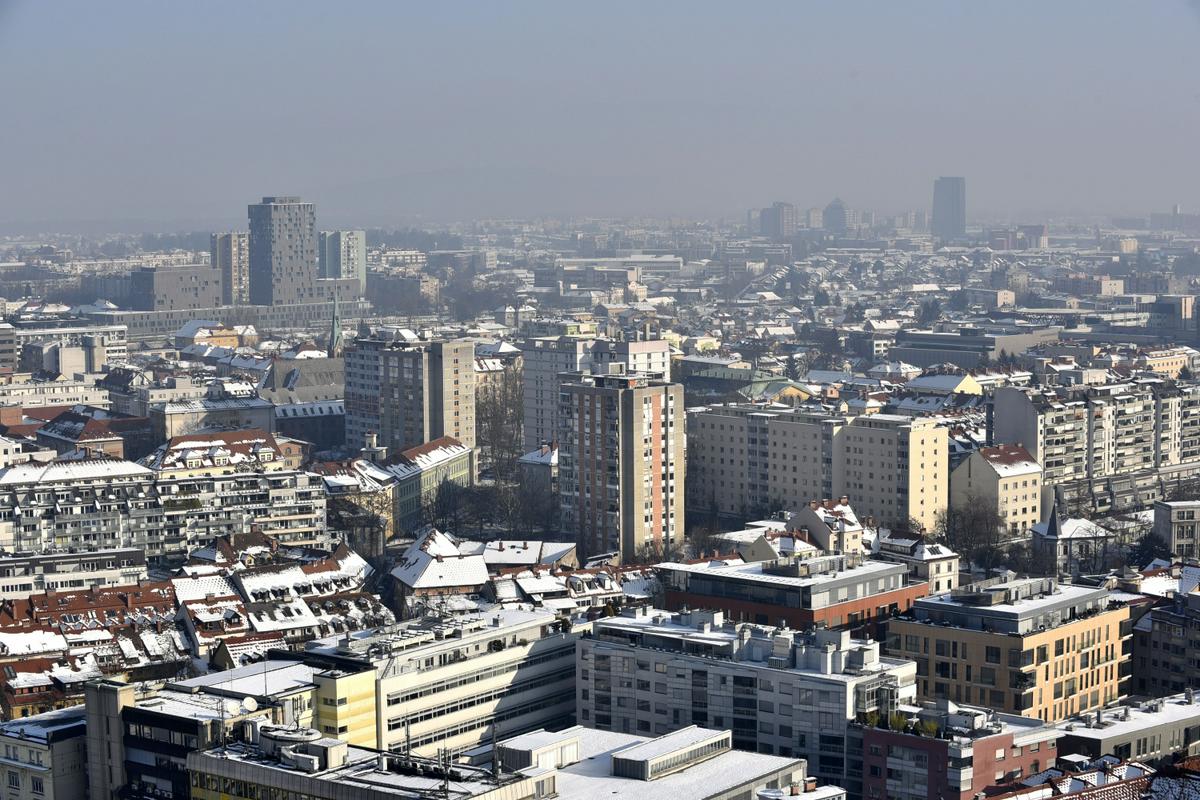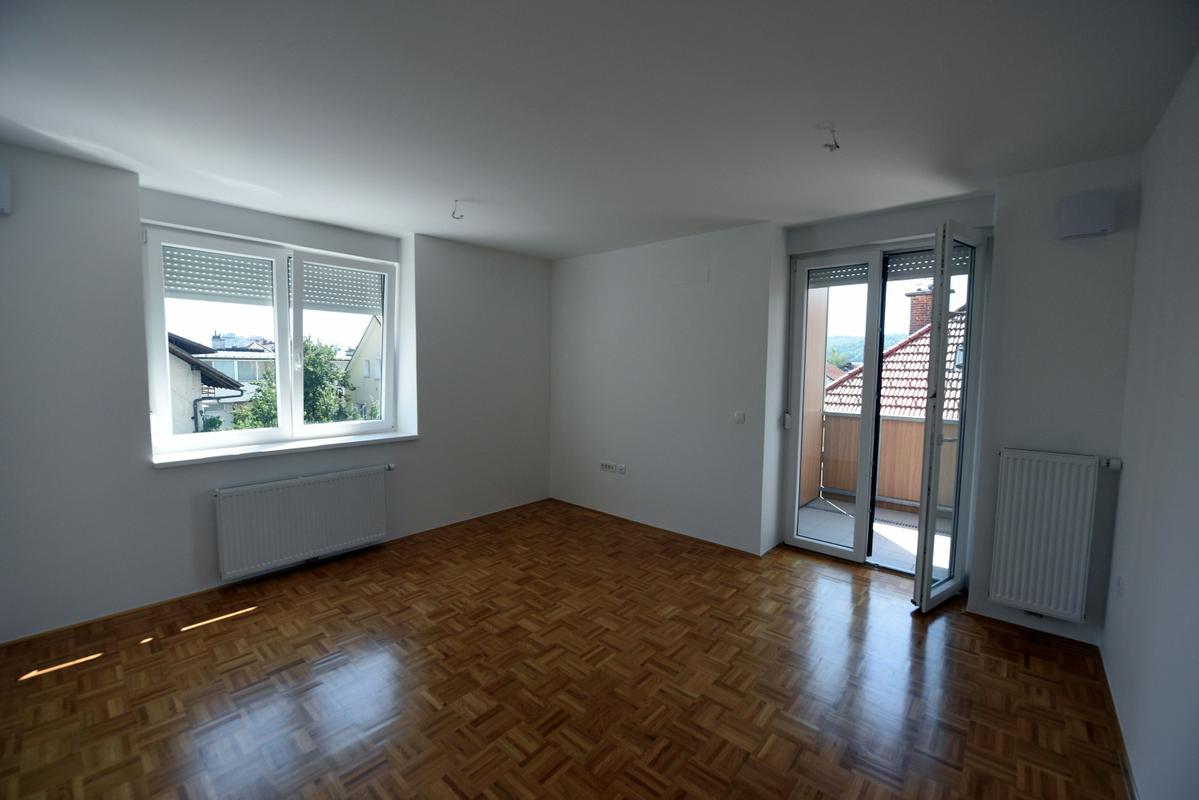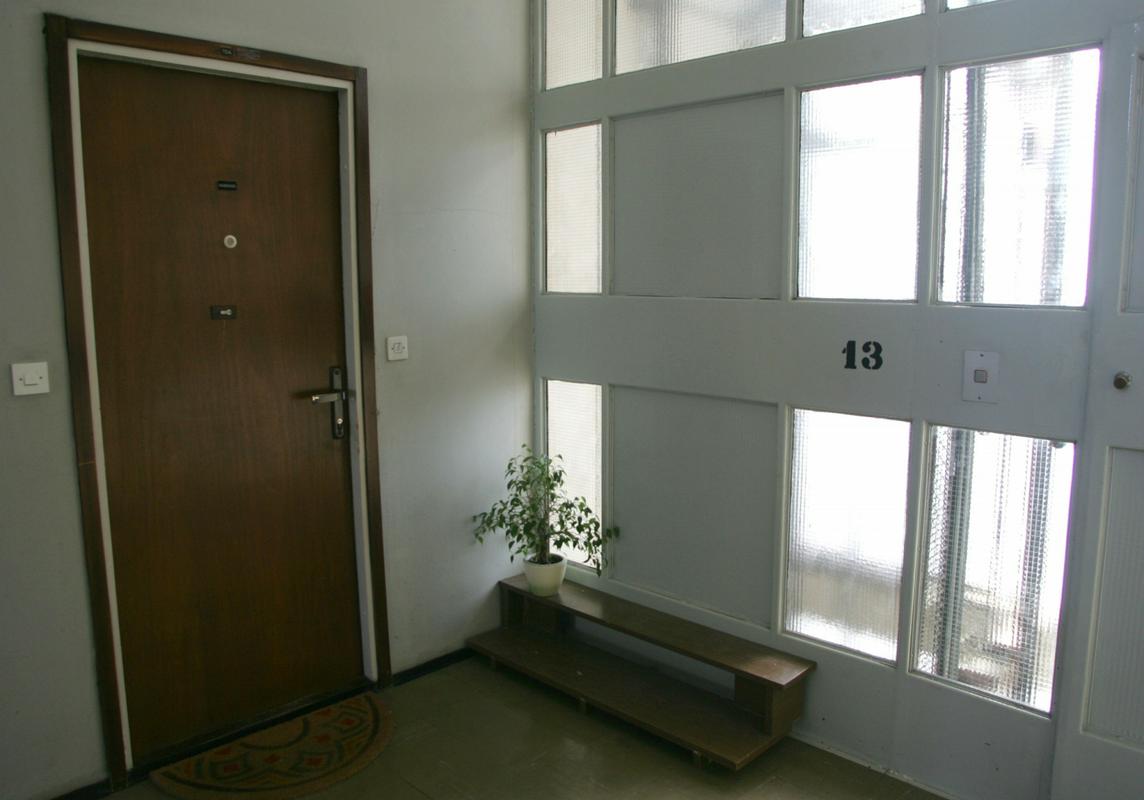

The changes have been proposed by the Slovenian Democratic Party (SDS) deputy group after the media published the story of a retired police officer, who is disabled and a single father, being threatened with eviction from an official dwelling owned by the Ministry of the Interior (MNZ). MNZ offered him a replacement apartment outside of Ljubljana, but he was unable to accept it due to his health problems.
At the moment, a police officer loses his right to stay in police-owned housing when he goes into retirement unless there are no active police officers who would be interested in staying at this apartment. Instead, they are being offered another apartment for which no police officers have expressed any interest. Interior Minister Vesna Györkös Žnidar explains that official housing is not primarily intended for retired police officers but for solving the housing problem of active police force. There are 564 apartments available to Slovenian police officers. According to latest data, out of these 47 are occupied by retired police officers.
SDS therefore proposed amendments to Articles 86 and 88 of Organization and Work in the Police Act, which would ensure that the official residence can be assigned to a police officer who is a disabled person, the relatives of a deceased police officer and veterans of the war for Slovenia. The competent parliamentary committee almost unanimously approved these amendments were and prepared the proposal for consideration at the plenary session of the National Assembly. The government has pointed out that the proposals still have flaws, and that the MNZ is coordinating its proposal for amendments with police unions, expecting to have it ready next year.
Both unions dissatisfied, propose amendments
Both representative police unions have issued a joint appeal to parliamentary deputy groups. They warn that the amendments do not solve the problem and do not ensure comprehensive and equal treatment of all police officers. "We, the police officers, who are risking our lives and health to ensure the safety of people, are confronted with the fact that in most cases - due to the specific nature of our work - we do not get assigned to our local environment, but all too often work in another part of the country due to the needs of the police. Many police officers are thus forced to move to a place closer to their job, and because of their low incomes, they cannot afford to rent apartments on the market for profit rents. Therefore, official housing – although not a right inscribed in the work contract – is an important aspect of the social security of police officers, "explain police unions PSS and SPS.
The unions point out that the state cannot solve the issue of police-owned housing with partial solutions and under the pressure of public opinion. Therefore, they sent a joint proposal for amendments to all parliamentary deputy groups to upgrade the proposal made by SDS. They also want to protect those categories of that would be put in an unequal position under parliamentary amendments: active police officers with young families who, due to their work, serve far from where they live, active police officers and their families in case of death of a tenant (also when death did not occur during the execution of police tasks), other employees of the police who do not have the status of police officers, families of police officers who, due to various circumstances, find themselves in a difficult financial position – as is the example of the family of a missing police officer.
"In our opinion, the government has to pay special attention to active police officers with young families who are placed in jobs far from home. Due to these circumstances, they are forced to look for rented apartments – there is not enough police-owned housing available – since the distance from the workplace does not allow them to coordinate family and work responsibilities. In recent years, a large number of police officers have also quit their jobs because of the inability to juggle day-care for their young children and other similar obligations. Consequently, police units are under-staffed and police officers of these units suffer from exhaustion and burnout," police unions further argument their proposals.
They also suggest that the government should provide annual dedicated funds for the implementation of the proposed Article amendments.


































































